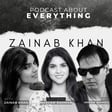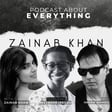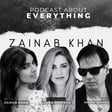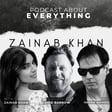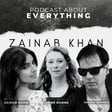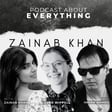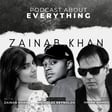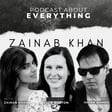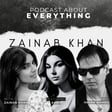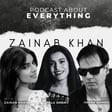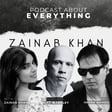
Empowering Students Through Crafting Voices ft. Dr. Grodzicki | Ep.3
Welcome to our third podcast episode, where we highlight the extraordinary career of Dr. Colette Grodzicki, an esteemed educator and community leader.
Join us as we delve into Dr. Grodzicki's journey, spanning 19 years of dedicated teaching and community service. In this episode, we explore her impact on students and innovative teaching methods. We discuss her sources of inspiration, creative process, and the challenges she has faced along the way.
Whether you're interested in education or community engagement, this episode offers a captivating insight into Dr. Colette Grodzicki's inspiring contributions. So tune in for an enriching conversation with this influential figure in the North Gwinnett community.
About Dr. Colette Grodzicki:
Dr. Colette Grodzicki is a high school teacher with 19 years of experience, has empowered students at North Gwinnett High to enhance language and communication skills. Known for breaking down writing and fostering individual styles, she's an active community member, recently co-chairing the Play-town Suwanee build. Her generosity and community involvement make her a respected figure in the North Gwinnett community.
To see the video version of this episode subscribe to the YouTube channel: https://www.youtube.com/@thezainabkhan
Website: https://thezainabkhan.com/
Instagram page: https://www.instagram.com/zainabkhanpodcast/
